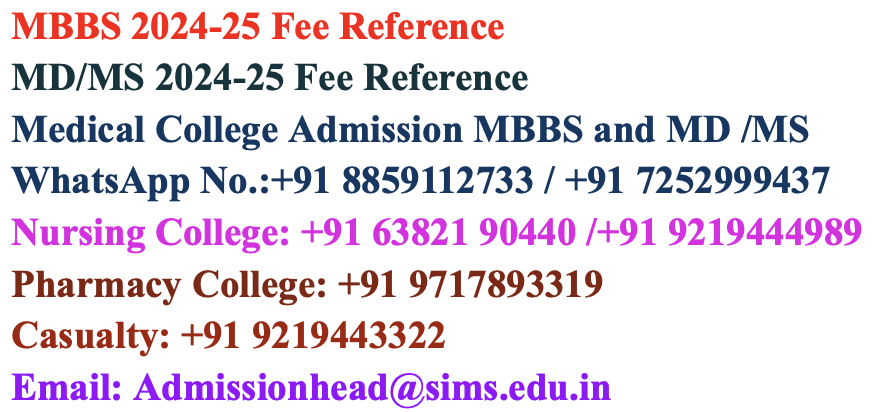


PARA CLINICAL - Microbiology
- Introduction
- Facilities
Introduction
Microbiology deals with the study of living organisms of microscopic size.
Medical microbiology is the subdivision concerned with the causative agents of infectious
disease of man, the response of the host to infection & various methods of diagnosis, treatment & prevention.
Microbiology has expanded beyond recognition with various medical specialty. In 13th Century it was postulated
that invisible living creatures produce disease and later on suggested that each disease was caused by a separate agent.
To treat bacterial infections modern antibiotics are discovered after 1940s.
While development of molecular biology, molecular genetics, recombinant DNA technology, PCR etc ,the work in last
40years has revolutionized the understanding of the structure of microorganisms ,their virulence, diagnosis,
treatment and vaccine. Some of the viral diseases like poliomyelitis with significant morbidity & mortality
have been eradicated from the globe and from majority of countries by availability of potent and efficient
use of vaccines and many more will be eradicated in coming years from the planet.
Facilities of Department
The Department carryout various investigations* related to diagnosis of infectious diseases in following laboratories in the department for patients in OPD & IPD.
- Serology & Immunology
- Bacteriology
- Mycobacteriology
- Virology
- Parasitology
- Mycology
- Smear examination to detect agents like fungus, tubercular bacilli, diphtheria & other bacteria
- like cultures of various specimens for isolation of bacteria, fungus, parasites etc & antibacterial sensitivity tests with antimicrobial agents to treat the causative agent of infection.
- Serologic detection of antibodies against various infectious agents for diagnosis of diseases like HIV /AIDS, VDRL
- Surveillance and maintenance of sterility in operation theatres ICU’s units, wards etc. to prevent infection.
Research
- Each of the faculty members have several publications in indexed national journals. Currently following research projects are going on in the department.
- Nasal Carriage of MRSA in health care workers to identify the source of infection so that necessary measures can be taken up to prevent Hospital acquired infections.
- Diagnosis of malaria by detection of parasite lactate dehydrogenase with advantage of Mal card test.
The faculty members have teaching experience of several years of undergraduate & postgraduate students.
Special achievements
HIV/AIDS (NACO)
Includes pretest and post test counseling, testing, follow-up, linkages and referrals to ART centre, other ICTCS, PPTCT centers, STI clinic and DOTS centers, preparing and sending CMIS & SIMS (strategic information management system) and reporting monthly to UPSACS at Lucknow.
Tuberculosis (RNTCP)
RNTCP- (Revised National Tuberculosis control programme) to detect maximum number of estimated cases by quality sputum examination so that the cure rate of infectious cases of tuberculosis should be increased through DOTS. The programme also coordinates TB-HIV to reduce TB- associated morbidity and mortality in people living with HIV/AIDS.
Copyright © 2015 sims.edu.in | All Right Reserved